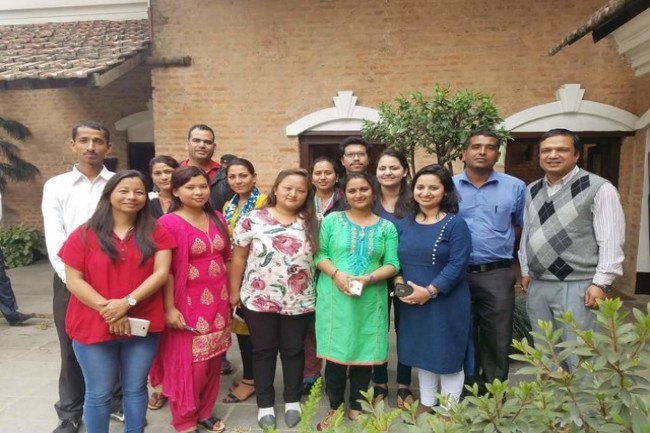Located along the Himalayan Arch, Nepal is highly susceptible to floods, landslides, glacial lake outburst floods and earthquakes. Nepal stands at the top 20th most disaster-prone countries in the world and ranks 4th, 11th and 30th in terms of climate change, earthquake and flood risk respectively. Despite the fact, Nepal has low preparedness regarding disaster risk reduction and management and safety measures. The schools and other educational institutions are considered even more vulnerable to these risks as children have less idea on proper disaster risk reduction and management.
Considering the need for further training and capacity development in schools and community, CWISH Nepal in support of Street Child of Nepal has been working to implement the EERN project among four of the disaster affected districts of Nepal namely Dolakha, Kavrepalanchwok, Nuwakot and Bhaktapur contributing the efforts of Government of Nepal by increasing resiliency of children and community to disaster and promote preparedness within.
Basically the project activities are the supportive measures to UNICEF’s hardware component of Transitional Learning Center constructions. CWISH Nepal supports schools through distribution of kits which include Early Childhood Development Kits, School Kits and Recreational Kits and orientation to school teachers about its proper use along with the capacity development of local education focal person, district resource persons, School Management Committee, and Parents-Teachers Association members of the targeted schools on Disaster Risk Reduction (DRR) and Water Sanitation and Hygiene (WASH) program. The project also covers the drill exercise training related to DRR and WASH program to the children in the targeted schools and its regular monitoring and evaluation.

